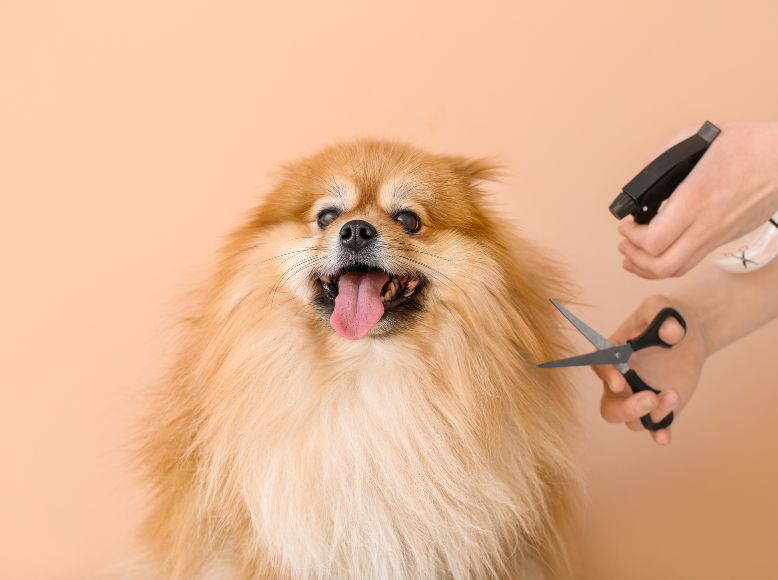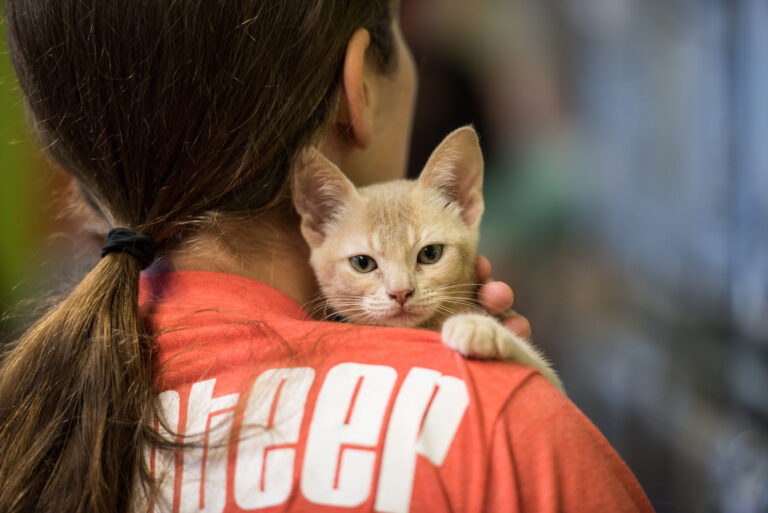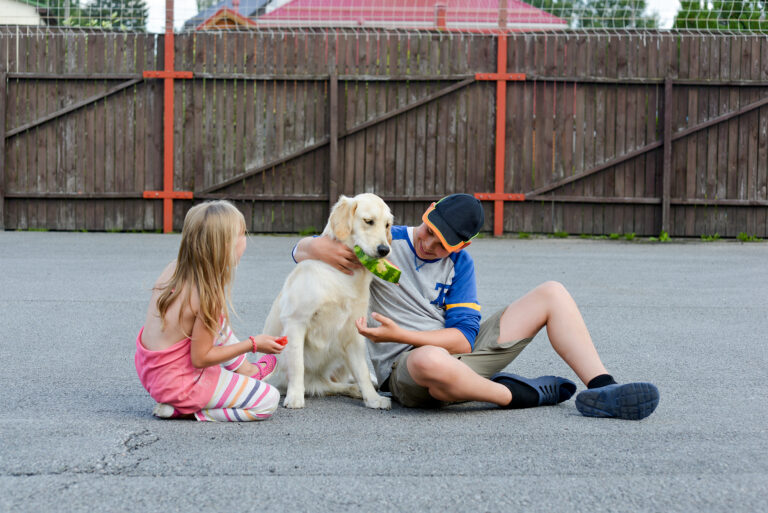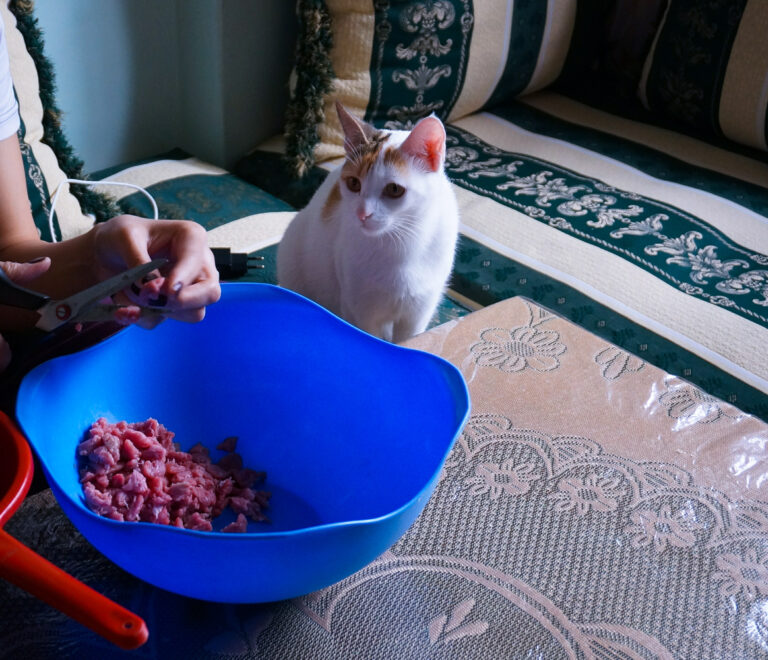The safety and quality of pet food are paramount for the health and well-being of our furry companions. One important aspect that pet food manufacturers must address is the potential contamination of pet food with veterinary drugs or medications. In this article, we will explore effective measures that can be taken to prevent such contamination and ensure the integrity of pet food. We will also discuss the importance of dog veterinary diets and dog food recommended by veterinarians in promoting optimal pet health.
Table of Contents
Understanding The Risks:
Contamination of pet food with veterinary drugs or medications can occur due to various factors, including cross-contamination during production, improper handling of ingredients, or accidental inclusion of veterinary drugs during formulation. Such contamination can pose health risks to pets, including adverse reactions, drug interactions, or the development of drug resistance. To mitigate these risks, pet food manufacturers must implement stringent quality control measures and adhere to regulatory guidelines.
Strict Ingredient Sourcing And Testing:
Pet food manufacturers should carefully select their suppliers and ensure the sourcing of high-quality ingredients. Thorough testing of incoming ingredients can help identify any potential contamination, including the presence of veterinary drugs. Establishing strong relationships with trusted suppliers who prioritize quality control is crucial in preventing the inadvertent inclusion of veterinary drugs or medications in pet food.
Adherence To Good Manufacturing Practices (Gmp):
Following Good Manufacturing Practices is essential in maintaining the safety and quality of pet food. GMP encompasses rigorous hygiene protocols, proper sanitation procedures, and regular equipment maintenance. By implementing and strictly adhering to GMP standards, manufacturers can minimize the risk of cross-contamination and ensure a clean and safe production environment.
Compliance With Regulatory Requirements:
Pet food manufacturers must comply with regulatory requirements set forth by government agencies responsible for overseeing pet food safety. These regulations provide guidelines and standards for production, labeling, and ingredient sourcing. Staying up-to-date with the latest regulations and conducting regular internal audits can help ensure compliance and minimize the potential for contamination.
Testing And Analysis:
Regular testing and analysis of finished pet food products are crucial to detect the presence of veterinary drugs or medications. Advanced analytical techniques, including mass spectrometry and chromatography, can be utilized to identify and quantify the presence of these substances accurately. Manufacturers should establish robust testing protocols to ensure the absence of veterinary drugs and to verify the safety and quality of their products.
Promoting Dog Veterinary Diets And Veterinarian Recommendations:
In addition to preventing contamination, promoting dog veterinary diets and dog food recommended by veterinarians is essential for maintaining optimal pet health. Veterinary diets are formulated to address specific health conditions or nutritional requirements. These diets undergo rigorous testing and are designed to provide precise nutrition tailored to the unique needs of individual pets.
Collaboration With Veterinarians:
Pet food manufacturers can collaborate with veterinarians to develop specialized diets that target specific health conditions. By working closely with veterinary professionals, manufacturers can gain valuable insights and scientific expertise to formulate nutritionally balanced diets that support the overall well-being of pets.
Transparency And Education:
Manufacturers should provide clear and comprehensive information about their veterinary diets. Transparent labeling should include details on the specific health condition the diet addresses, the scientific rationale behind the formulation, and the clinical benefits observed. Educating pet owners about the importance of following veterinarian recommendations and the benefits of specialized diets can further enhance their understanding and confidence in these products.
Continuing Research And Development:
Pet food manufacturers should invest in ongoing research and development to advance the field of veterinary nutrition. By staying at the forefront of scientific discoveries and innovations, manufacturers can continuously improve the efficacy and safety of veterinary diets, ensuring that pets receive the best possible nutrition for their specific health needs.
In Conclusion

Preventing the contamination of pet food with veterinary drugs or medications is acritical responsibility for pet food manufacturers. By implementing strict ingredient sourcing and testing protocols, adhering to Good Manufacturing Practices, complying with regulatory requirements, and conducting thorough testing and analysis, manufacturers can ensure the safety and integrity of their products. Additionally, promoting dog veterinary diets and veterinarian-recommended food plays a vital role in supporting optimal pet health.
Collaboration with veterinarians, transparency in labeling and education, and ongoing research and development are key elements in promoting the use of specialized diets for specific health conditions. By prioritizing pet health, manufacturers can provide pet owners with confidence in the nutritional quality and safety of their products.
Remember, always consult with a veterinarian to determine the best diet for your dog’s specific health condition. Veterinarians are the best resource for personalized recommendations and guidance tailored to your pet’s unique needs. With a collaborative effort between pet food manufacturers and veterinary professionals, we can ensure that pets receive the highest quality nutrition for their overall well-being and longevity.
Collaboration with veterinarians, transparency in labeling and education, and ongoing research and development are key elements in promoting the use of specialized diets for specific health conditions. By prioritizing pet health, manufacturers can provide pet owners with confidence in the nutritional quality and safety of their products.
Remember, always consult with a veterinarian to determine the best diet for your dog’s specific health condition. Veterinarians are the best resource for personalized recommendations and guidance tailored to your pet’s unique needs. With a collaborative effort between pet food manufacturers and veterinary professionals, we can ensure that pets receive the highest quality nutrition for their overall well-being and longevity.








